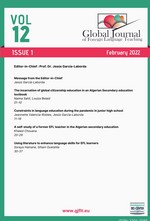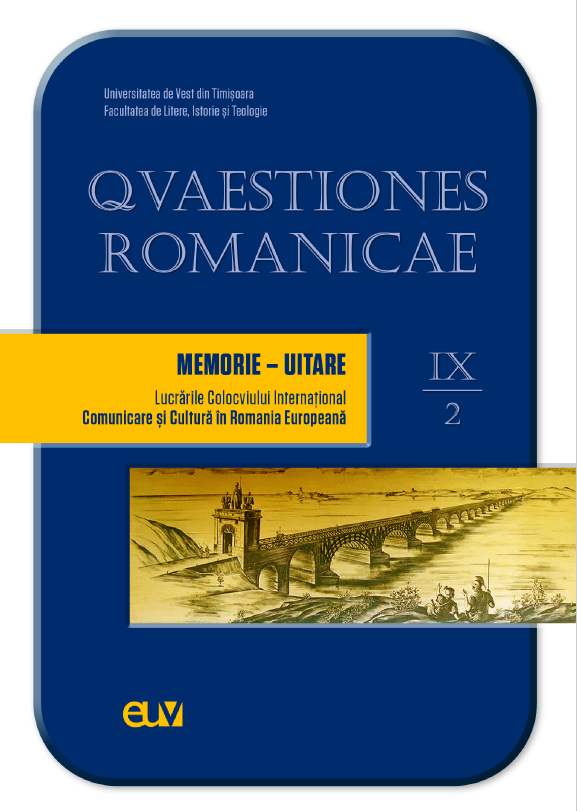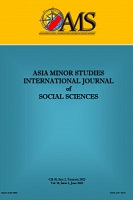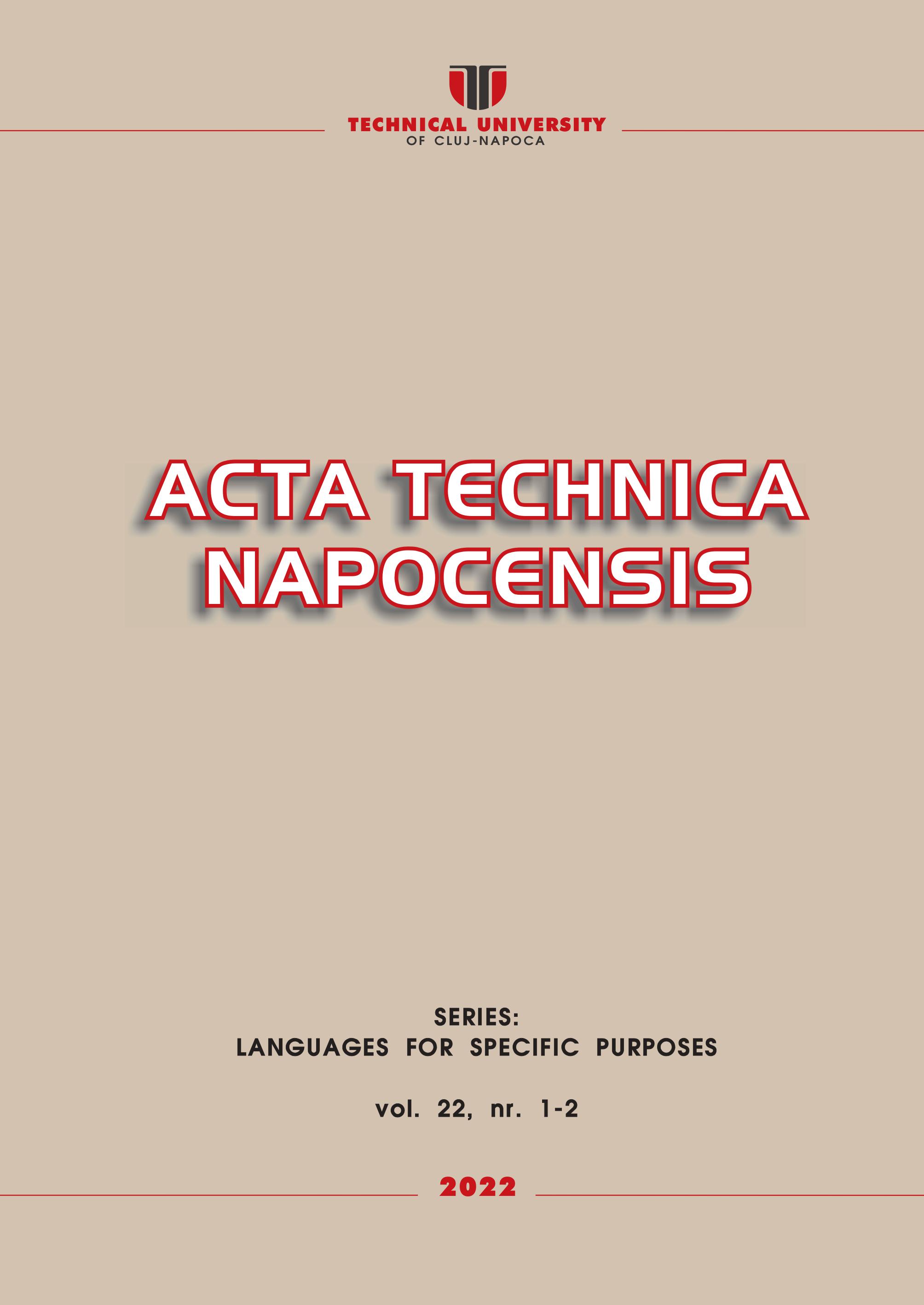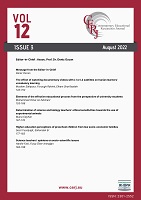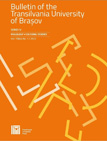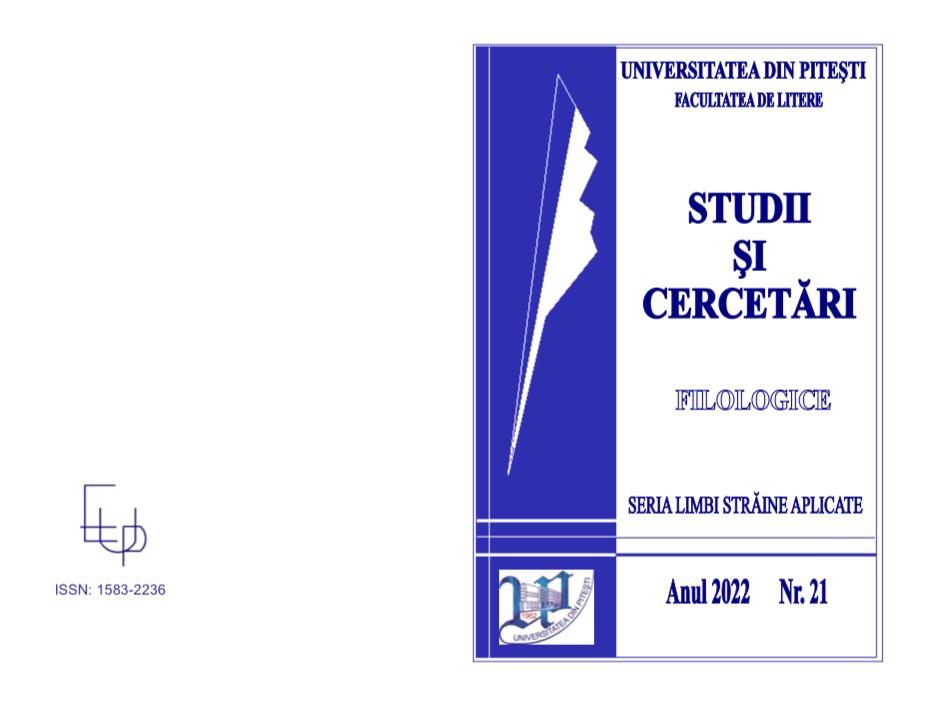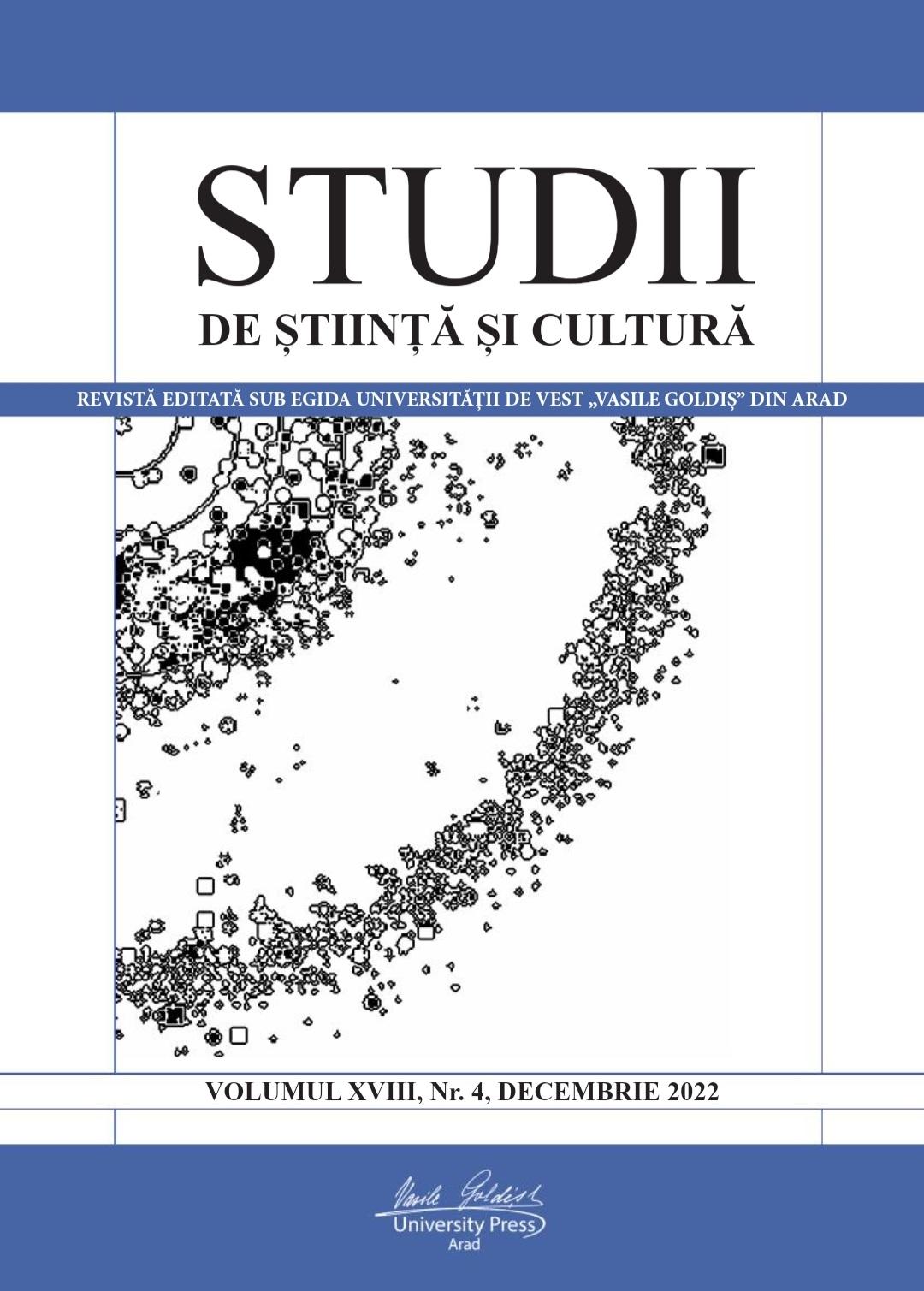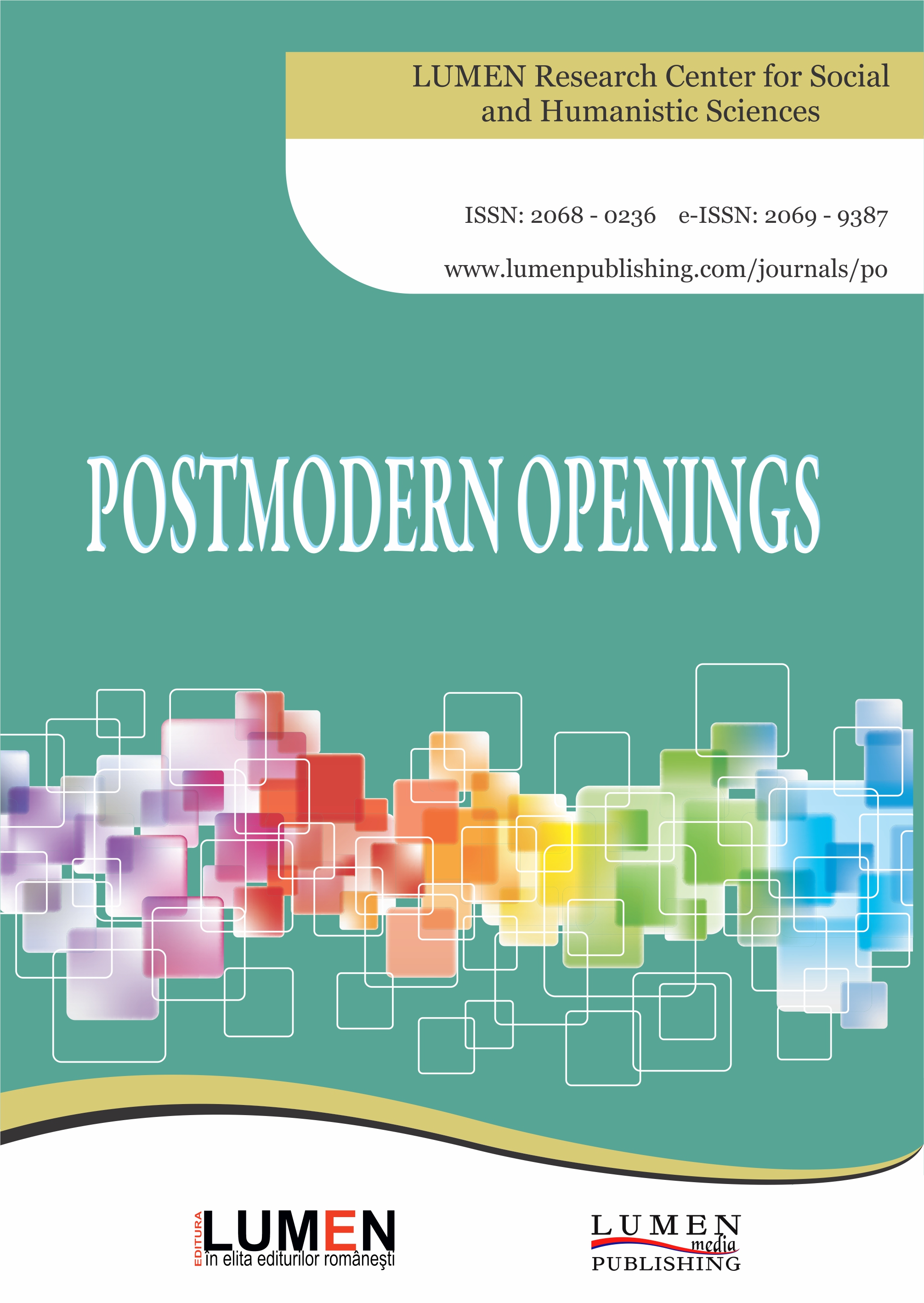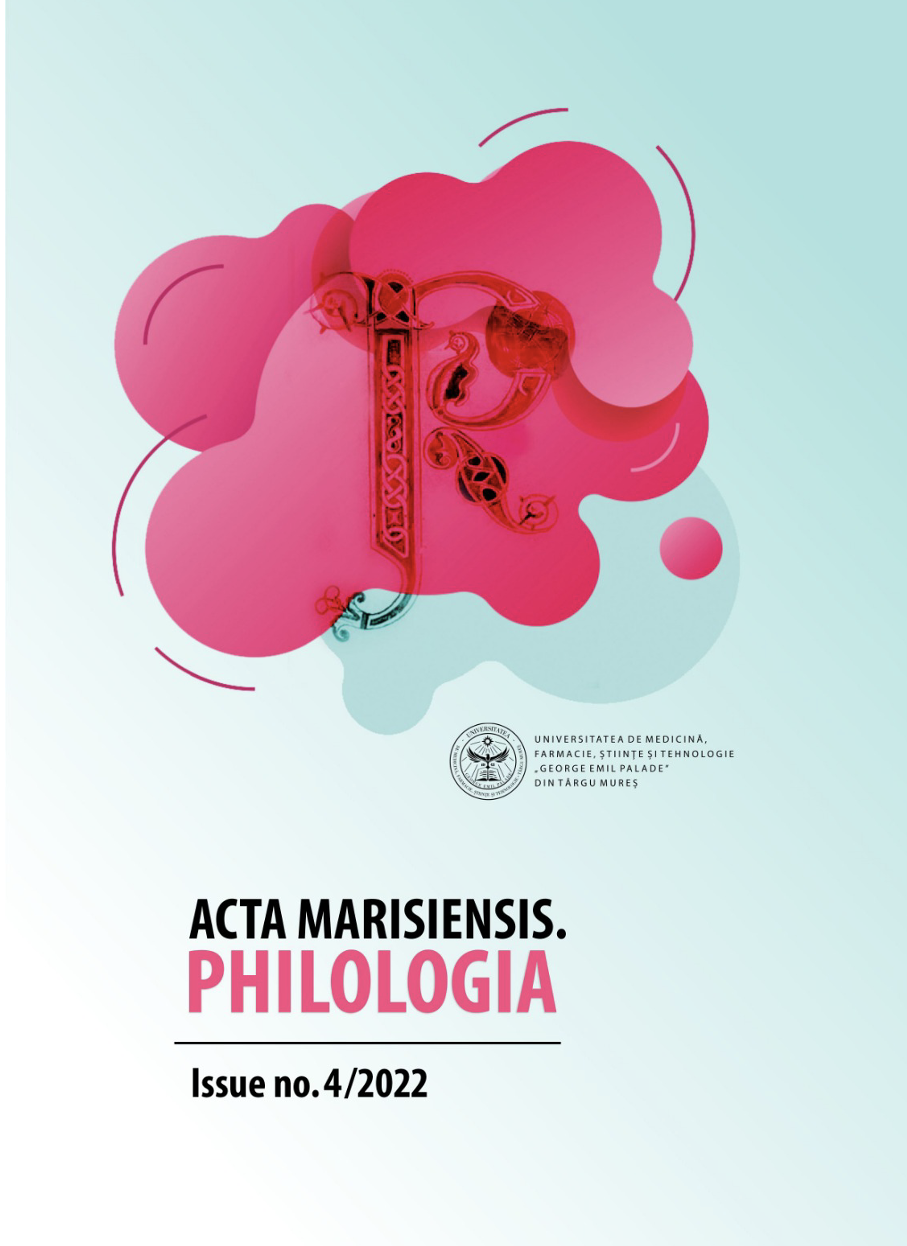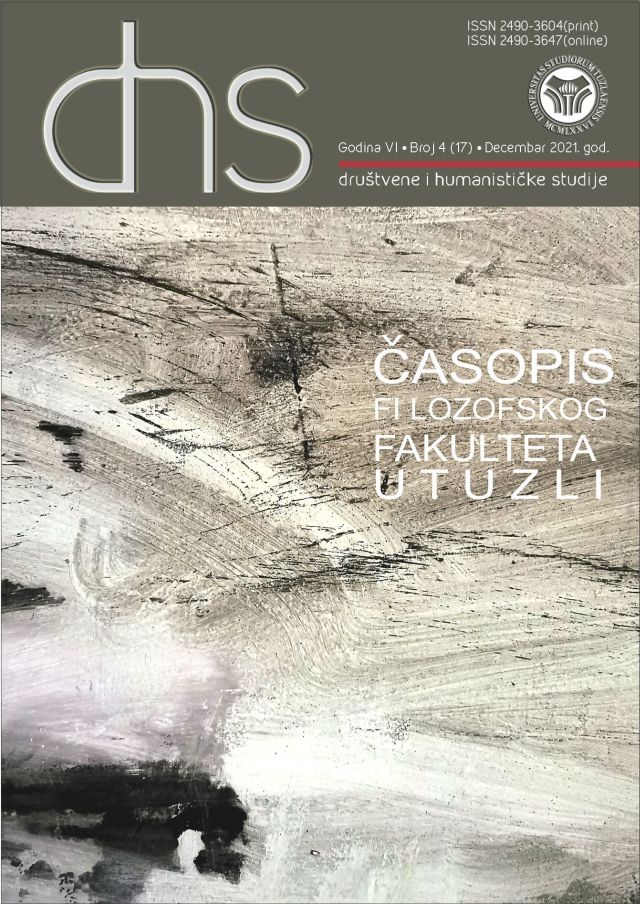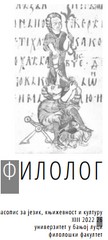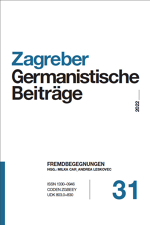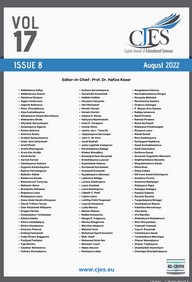
Formation of intercultural competencies in language classes at the university
This research aimed to study and design the formation of intercultural competencies in language education classes at the university. The quantitative research method was used. The research was carried out in the spring term of 2021–2022. 198 volunteer students who continue their education in schools participated in the research and 4 weeks of online training were given to the students. The ‘language and proficiency’ measurement tool developed by the researchers and compiled by experts in the field was used in this study. The measurement tool was delivered to the students online and then collected. The analysis of the data was made by using Statistical Package for the Social Sciences programme, frequency analysis and t-test; the results are added to the research in the form of tables. According to the results obtained, it was concluded that students' proficiency in language education classes and their intercultural status were high. While this situation was determined as good for education, it was concluded that it was used to reflect the distance education systems in the course.
More...
